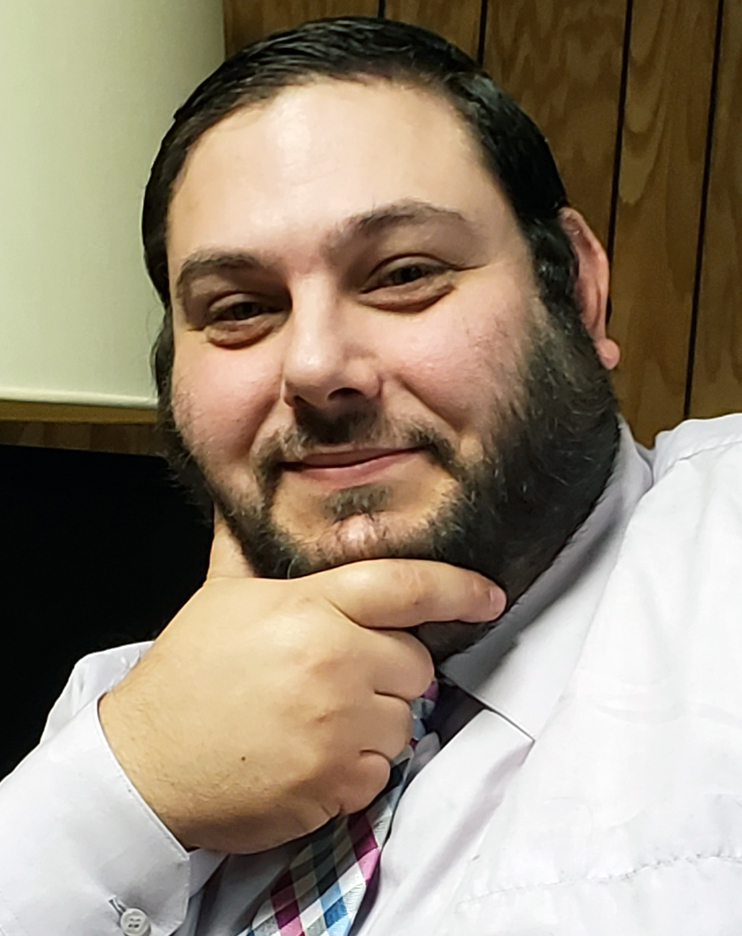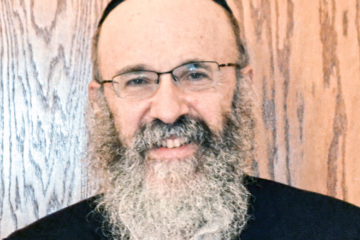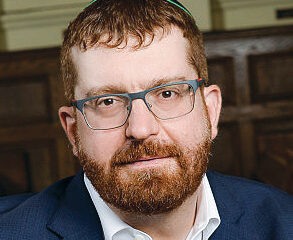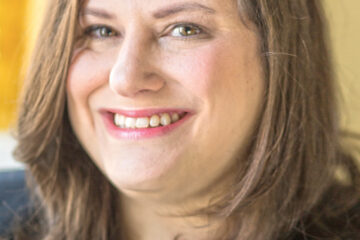What is the point of freedom?

By Rabbi Leibel Agar, Beth Jacob Congregation
Ah, the first day of spring. The sun is shining brightly, a warm breeze gently blows through the trees, branches sway lazily. A few birds chirp their delightful song of renewal and rebirth.
And yet, along with spring’s serenity, a more restless time is coming in many Jewish households. It is not a time of wind and rain, but rather a flurry of activity. To Jews, the first day of spring means one very important thing: it means Pesach is coming and coming awfully fast.
Pesach is called the Festival of Freedom, but I honestly cannot think of a busier, more commanding time of the year. The house is cleaned from top to bottom, then from bottom to top, and then, just for good measure, from inside out, from outside in, and from six ways to Sunday.
Provisions for the holiday—wine, matzah, vegetables, eggs, potatoes, maror — and a slew of other things — must be purchased. Pesach dishes need to be taken out and the chametz dishes need to be packed away. With all the tasks to accomplish, it might make you wonder why we call this holiday the Festival of Freedom.
Even when God talks to Moses about freeing the Israelites, especially when telling Moses what to say in front of Pharaoh, there is always a caveat to the freedom: the caveat of “so that they may serve Me.”
It seems that, rather than being freed, we are merely trading one master for another. If freedom means nothing more than more work (such as preparing for a holiday which requires more prep work than all the other holidays combined), what is the point of freedom?
In order to answer this very important question, we must look at the true nature of freedom from the Torah’s perspective, i.e., we must understand what it means to be truly free.
True freedom is not the cessation of work, quite the opposite in fact. A person who is enslaved and a person who is truly free will both labor, but with one very important difference: The labor of someone who is truly free will actually matter! As an example, imagine a large shed filled with bricks. One person labors by simply counting the bricks, another person labors by taking the bricks out of the shed and using them to make a house. Both people labored, but the one who builds the house actually has something to show for his/her labor.
We faced a similar situation when we were enslaved to Pharaoh. Our rabbis of blessed memory teach us that one of the ways the Egyptians made slavery especially bitter was by having us build the store-cities of Pithom and Rameses on soft ground.
Every so often, parts of the buildings would sink into the ground, wasting all the time and effort we put into construction. On the other hand, when we labored for God, we were able to construct magnificent edifices: the Tabernacle, the First and Second Holy Temples, and so on.
As we prepare for Pesach 5785, may God bless our labor to be the labor of someone who is truly free and grant us the understanding and appreciation of this true form of freedom.
To read the complete April 2025 Dayton Jewish Observer, click here.





